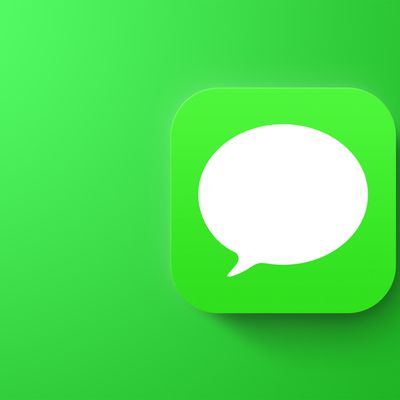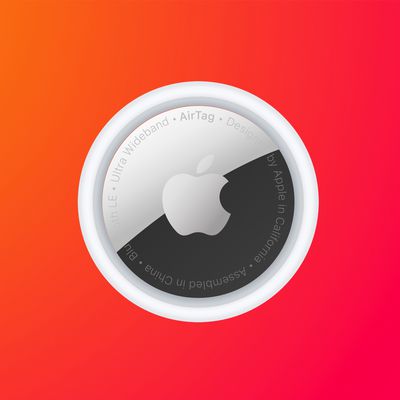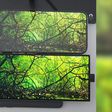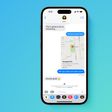Back in May, Google announced plans to introduce a new safety feature that would alert Android users about nearby unknown Bluetooth trackers, including AirTags, preventing people from being stalked with tracking accessories.
![]()
The tracking alert functionality is rolling out starting today. Android smartphones will provide automatic alerts if an unknown Bluetooth tracker is separated from its owner and traveling with the smartphone user. The notification can be tapped to view a map of where the tracker was last seen, and using a "Play sound" function will cause the tracker to make noise.
If an unknown tracker is detected nearby, Google will provide device information such as serial number or the last four digits of the phone number from the registered owner, along with details on how to physically disable the tracker. There is also a manual scan feature in the Safety & Emergency section of the Settings app on compatible Android devices.
At the current time, unknown tracker alerts are compatible only with AirTags from Apple, but Google is working on adding support for other trackers such as those from Tile.
Google's new feature addresses a major issue with AirTags. When AirTags launched, Apple introduced an anti-stalking function to prevent them from being used for people tracking, and that feature ended up having to be refined several times. iPhones have long been able to notify users about an unknown AirTag that is nearby and could be a danger with its "AirTag Found Moving With You" alerts but Android users were nearly defenseless unless they knew to download the Android-based "Tracker Detect" app that Apple created.
An inability for Android users to easily detect an AirTag being used for stalking or other nefarious purposes has been a major AirTag criticism for more than two years now, but now compatible Android devices will spot nearby AirTags without the need for Android users to seek out an app.
Earlier this year, Google and Apple teamed up to submit a new industry specification that would cut down on the misuse of Bluetooth item trackers for stalking purposes. The joint venture will see Android and iOS devices both able to detect nearby Bluetooth devices and send unwanted tracking alerts for third-party item trackers.
As part of this specification, Google plans to add native support for tracking third-party Bluetooth tracking accessories from companies like Tile and Chipolo on Android devices. Google says that it is ready to roll out this new Find My Device network on Android, but it has delayed its plans as it works with Apple to finalize the cross-platform unwanted tracker alert specification that is in development.
Google will hold its Find My Device network until Apple has implemented the same protections for iOS devices.
Right now, Apple's Find My app is able to track third-party Bluetooth accessories, but only those that have implemented specific Find My support using Apple's protocol. Bluetooth trackers from companies like Tile cannot be tracked natively by an iPhone without the Tile app, which is the problem that Apple and Google are aiming to address.
Samsung, Tile, Chipolo, Eufy, and Pebblebee, companies that make Bluetooth-based tracking devices, have all expressed support for the joint specification and plan to support it. Apple and Google said that a production implementation of the specification for unwanted tracking alerts will be introduced by the end of 2023 and added to future versions of iOS and Android.




















Top Rated Comments
If car or bike, you might even set up the wild goose chase by not destroying it but depositing it in a cab or uber or someone else's bike so that it keeps moving around for those doing the tracking while you get further away with their property. They eventually track their lost car/bike to the corner of 11th and Main only to discover that it's not their car or bike at all there (only their tracking device).
So yes, for those who wanted to use trackers to increase the chances of potentially recovering stolen things- whether this is designed for that or not- this appears to significantly undermine that potential... if not make it nearly useless (for that purpose). Those wanting to track their luggage on trips or find commonly misplaced things of their own might still get the benefit of them for that sort of thing... apparently the intended purpose.
I bought a set, removed the speaker, hid one in the car and one in the bike in hopes of recovering either if stolen. To me, it doesn't matter if they were "designed for that purpose" or not. That's what motivated the purchase. So this seems to rain on that bit of hope that if either was stolen, there was something more than a missing item report to file in hopes of getting either back. I perceive the ability to tell the law exactly where the stolen item is likely to be recovered greatly increases the chances of ANYTHING being done to actually recover it... vs. filing yet another piece of paper and hoping that someone happens to notice one of countless millions of similar items also missing after being stolen via some kind of incredible mental recall.